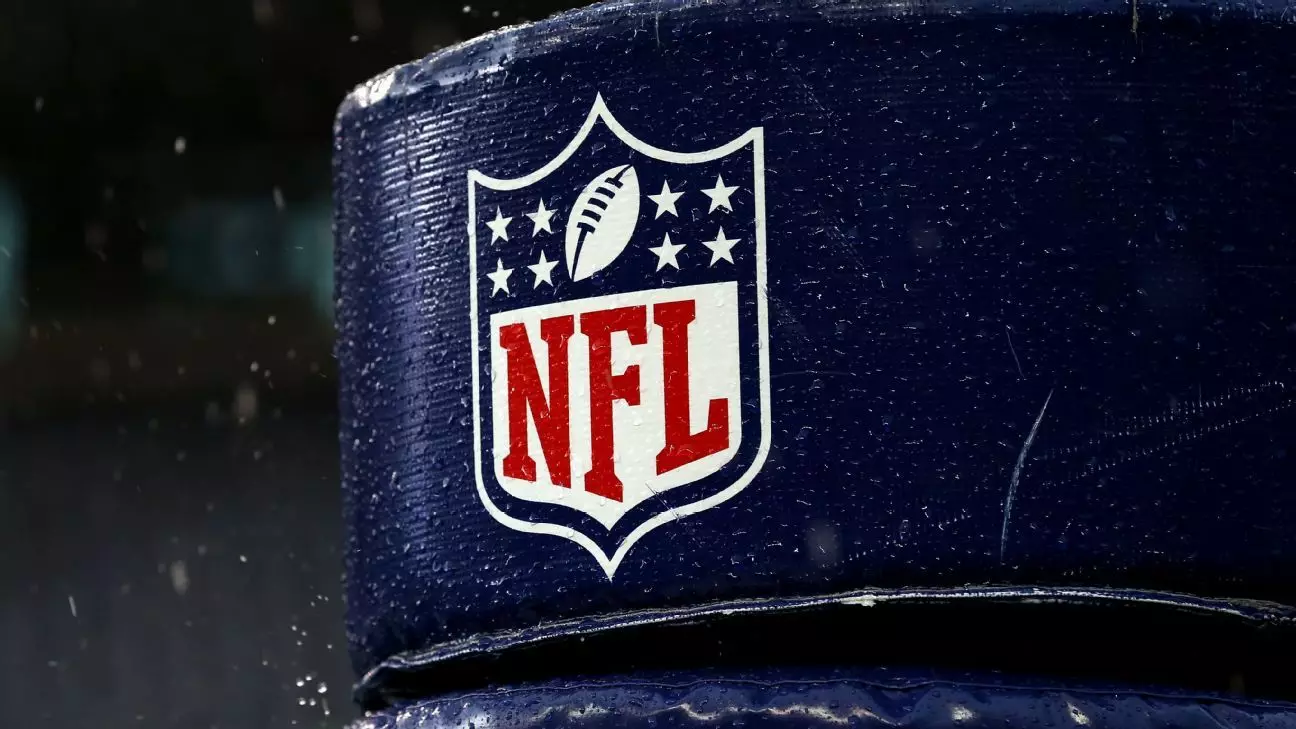In a groundbreaking decision, a jury in U.S. District Court ordered the NFL to pay more than $4.7 billion in damages after ruling that the league violated antitrust laws. This ruling stems from the distribution of out-of-market Sunday afternoon games on a premium subscription service.
The jury awarded $4.7 billion in damages to the residential class and $96 million in damages to the commercial class. However, since damages can be tripled under federal antitrust laws, the NFL could end up being liable for a staggering $14.39 billion.
In response to the verdict, the NFL stated that they would appeal the decision. The league expressed disappointment with the jury’s verdict, emphasizing their belief in the fan-friendly distribution model they have in place. The NFL plans to contest the decision, claiming that the class action claims in the case are baseless and without merit.
Post-trial motions are scheduled to be heard on July 31, including one to set aside the verdict. If the verdict stands, the NFL plans to appeal to the Ninth Circuit Court. Should the NFL be held liable for damages, each of the 32 teams could end up paying approximately $449.6 million.
Plaintiffs attorney Bill Carmody hailed the verdict as a victory for consumer protection. He highlighted the importance of upholding the rights of consumers in the class. During the trial, Carmody presented evidence that suggested the NFL was exploring alternative options for distributing out-of-market games, potentially without the “Sunday Ticket” package.
The outcome of this case has implications not only for the NFL but also for other professional sports leagues that offer out-of-market packages. Unlike MLB, the NBA, and the NHL, which distribute their packages on multiple platforms and share revenue per subscriber, the NFL’s model faced scrutiny in this case.
This lawsuit, originally filed in 2015, has been a long and drawn-out legal battle. Despite being dismissed in 2017, the case was reinstated by the 9th Circuit two years later. This ruling showcases the complexity of antitrust laws and their application to the sports industry.
Overall, the jury’s decision to award billions in damages against the NFL marks a significant turning point in the world of sports broadcasting. The implications of this ruling are far-reaching and are likely to have a lasting impact on how professional sports leagues approach their distribution strategies in the future.


Leave a Reply